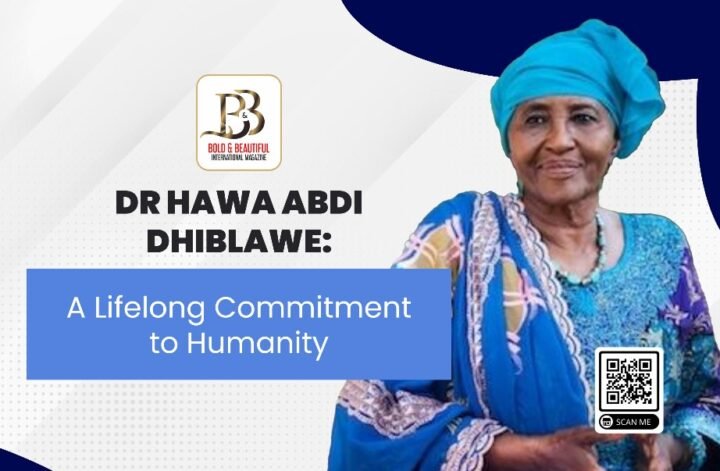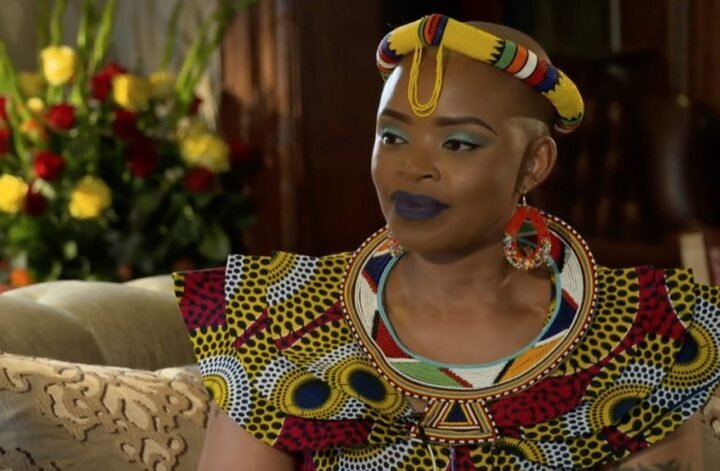Dr. Hawa Abdi Dhiblawe, a pioneering Somali physician and human rights activist, left an indelible mark on Somalia and beyond through her unwavering dedication to serving vulnerable communities. Born in 1947 in Mogadishu, she overcame early hardships, raising her siblings after the loss of their mother, while nurturing her dreams for a better future. Her journey from poverty to becoming Somalia’s first female gynecologist exemplifies resilience and purpose.
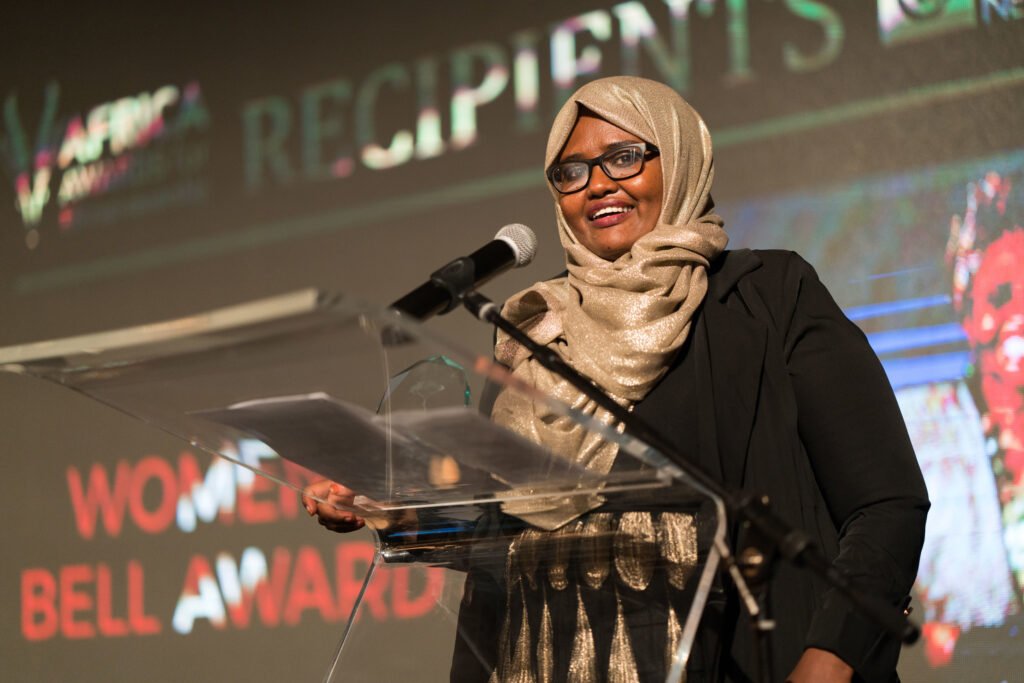
Supported by a Soviet scholarship, Hawa earned her medical degree in Kiev before returning to Somalia to practice medicine. She later completed a law degree and became an Assistant Professor of Medicine at the Somali National University. Recognizing the dire need for accessible healthcare, she established a clinic on her family’s land in the Afgooye Corridor, offering free medical services to those in need, particularly women and children from rural areas.
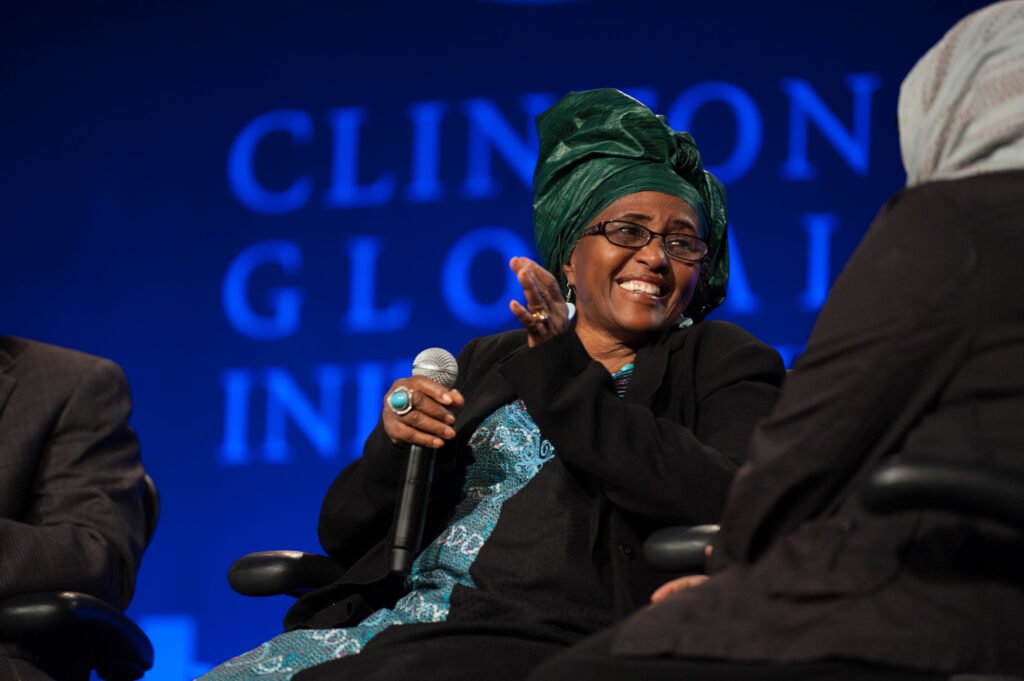
When the Somali civil war erupted in 1991, Dr. Abdi’s clinic evolved into a sanctuary for displaced families. Initially sheltering her employees, she soon welcomed thousands fleeing violence and hardship. By 2012, her land housed over 90,000 internally displaced persons, transforming into the Hawa Abdi Hope Village, which provided medical care, education, and shelter. Dr. Abdi’s leadership extended beyond healthcare, fostering sustainable agricultural projects, sanitation facilities, and educational programs for women and children.
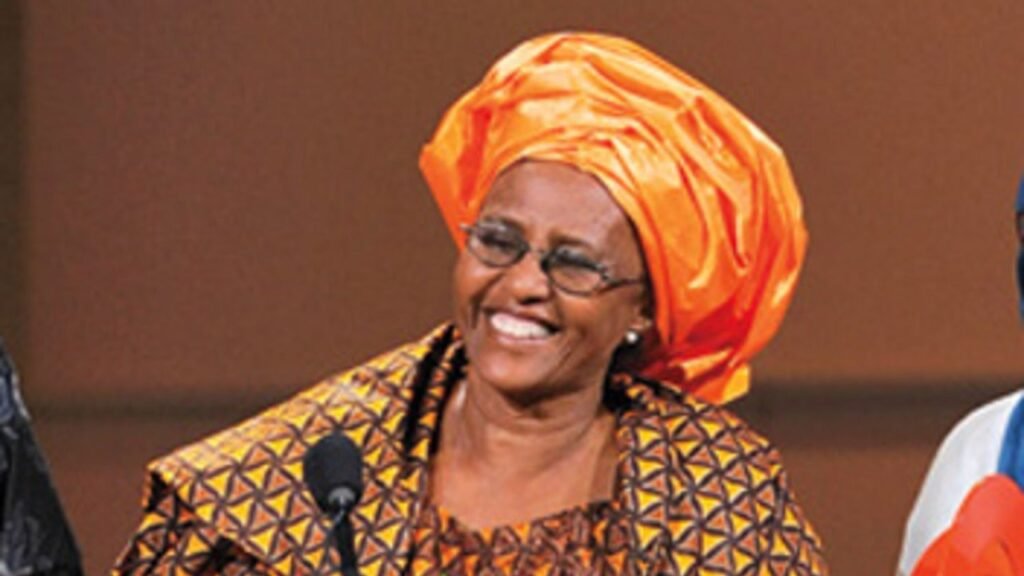
Her bravery was put to the test in 2010 when militants attempted to seize control of her hospital. Undeterred by threats and house arrest, she stood firm, ultimately securing an apology from the attackers. This episode epitomized her resilience and unwavering commitment to her mission, earning her international acclaim and numerous accolades, including the John Jay Justice Award and Vital Voices Women of the Year Award. In 2012, she was nominated for the Nobel Peace Prize, further highlighting her global impact.
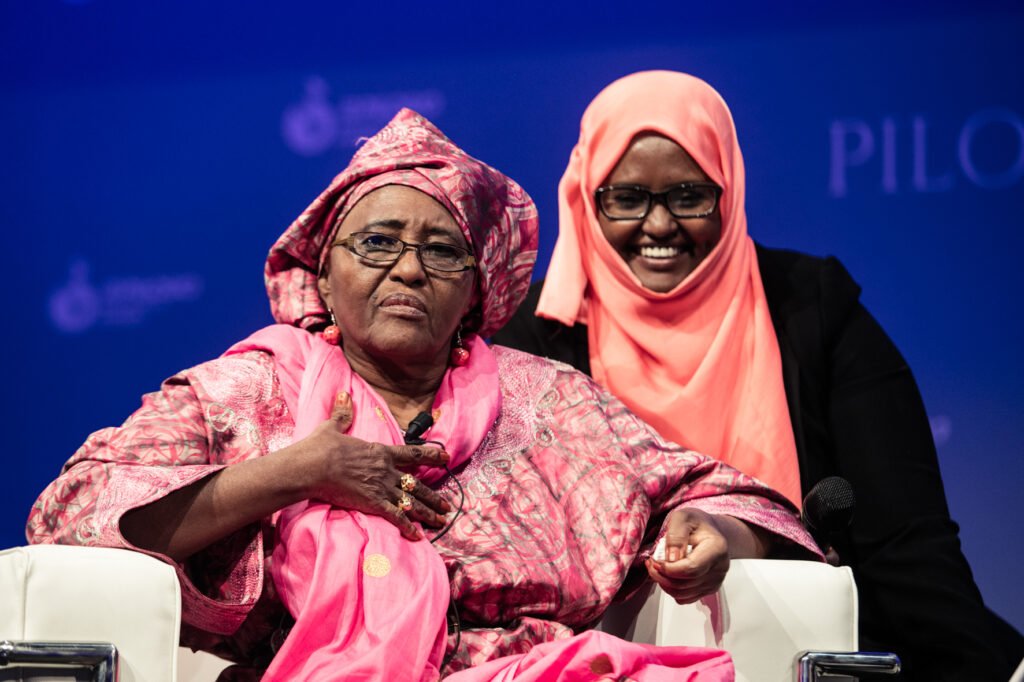
Dr. Abdi’s legacy continues through her daughters, Deqo and Amina, both of whom carry forward her mission. Known affectionately as “Mama Hawa,” she remains a symbol of courage and compassion, having safeguarded thousands amid Somalia’s war, famine, and societal upheaval.

